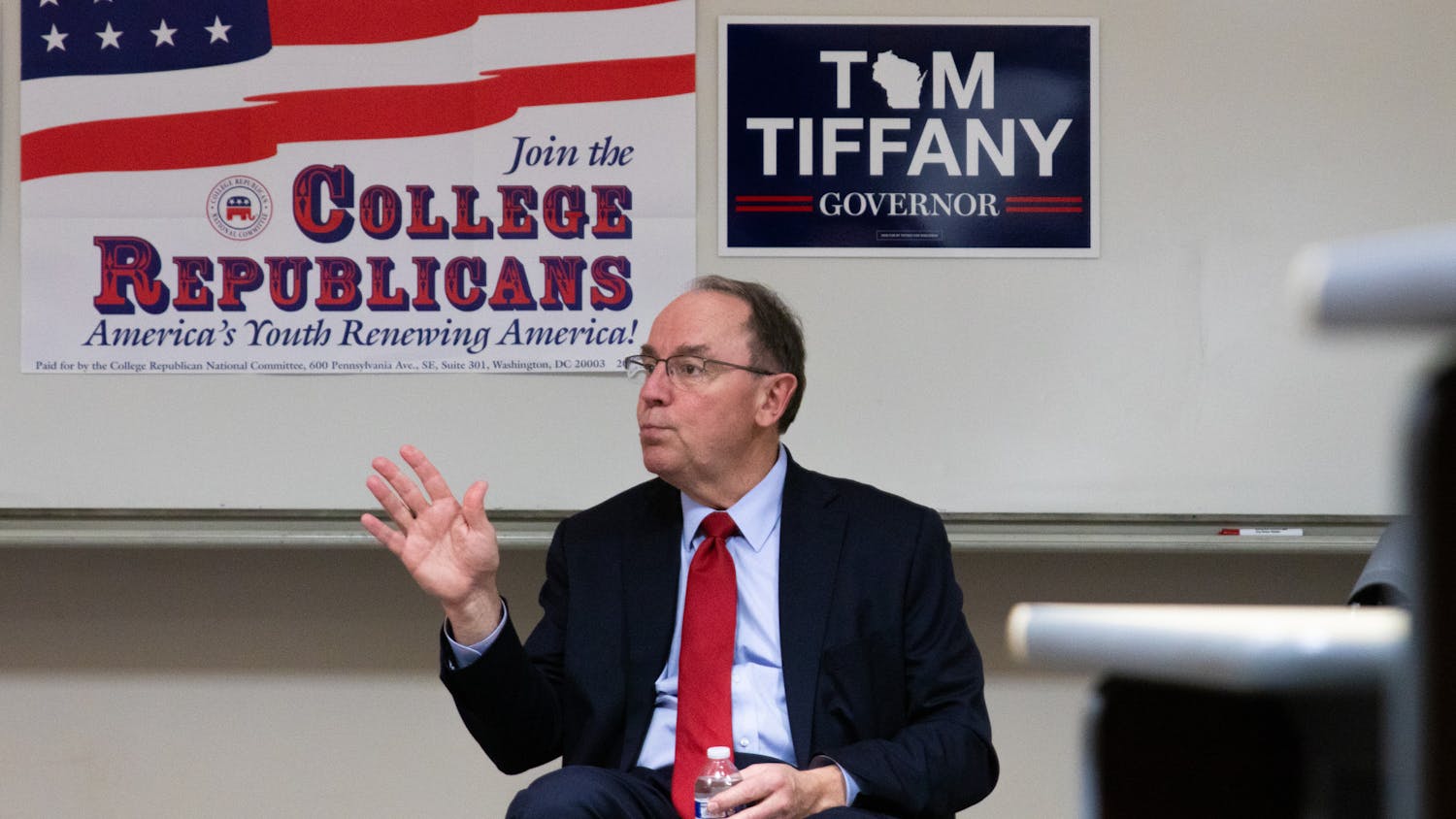The media has always been fascinated with covering what drives a person to murder, almost as much as the details of the murders themselves. \Monster"" deals with these aspects in a way that American media do not, striving not for objectivity yet at the same time not trying to push an answer or opinion.
""Monster"" tells the true story of Aileen Wuornos (Charlize Theron), a woman whose childhood of sexual and physical abuse led her to become a serial killer.
At the start of the film, Aileen is suicidal, sick of wandering and whoring herself. She changes when she meets Selby (Christina Ricci), a confused and naive teenager with whom she starts a relationship. When one of Aileen's clients attempts to rape her, she kills him and uses the money to take residence in a cheap hotel with Selby. Aileen tries to start a new life for herself, but there is little employment for a former hooker, and eventually she kills again.
When Aileen is finally apprehended, she has murdered seven men. She is sentenced to death and executed in 2002.
At its core, ""Monster"" has two different stories to tell: one of Aileen's troubled life and vicious crimes, and one of her attempt to make a fresh start and lead a normal life with Selby. ""Monster's"" success lies in writer/director Patty Jenkin's ability to turn these two themes into an interlocking cycle rather than conflicting elements. Jenkin's film is one of the best to deal with childhood abuse and the toll it takes as the abused progresses through life.
""Monster"" is about showing both sides of human nature: the darkness and the light. Jenkins knows that there are no simple answers to the questions Aileen's story raises, and she strives neither to give Wournos complete amnesty nor dimissive vilification. ""Monster"" creates a portrait of tragedy as complex as any theological riddle or psychological theory.





